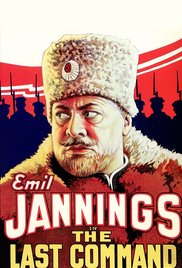- HOME
- GENRES
-
COUNTRY
- All
- United States
- United Kingdom
- Euro
- International
- France
- India
- Japan
- Korea
- Hong Kong
- China
- Thailand
- Taiwan
- Asia
- South Korea
- New Zealand
- Australia
- Canada
- Czech Republic
- Serbia
- Slovenia
- Germany
- Netherlands
- Belgium
- Sweden
- Bahamas
- Bolivia
- Mexico
- Samoa
- Russia
- Norway
- Italy
- Lithuania
- Finland
- Peru
- Argentina
- Romania
- Afghanistan
- Spain
- Poland
- Ireland
- Indonesia
- Nigeria
- Switzerland
- Brazil
- Colombia
- Austria
- Philippines
- South Africa
- Uruguay
- Denmark
- Singapore
- Dominican Republic
- Turkey
- Israel
- Palestine
- Malaysia
- Hungary
- Armenia
- Jordan
- Mongolia
- Chile
- Bulgaria
- Greece
- Mali
- Uganda
- Portugal
- Pakistan
- Bosnia and Herzegovina
- Croatia
- Vietnam
- Malta
- Panama
- Venezuela
- Cuba
- Morocco
- Luxembourg
- Georgia
- Belize
- Somalia
- Kenya
- Sudan
- Iceland
- Trinidad and Tobago
- Iran
- Lebanon
- Ukraine
- Senegal
- Cambodia
- United Arab Emirates
- Bangladesh
- RELEASE
- LAST ADDED
- MOVIES
- TV-SERIES
- IMDB
- TOP WATCHED
- CONTACT
- Blog



